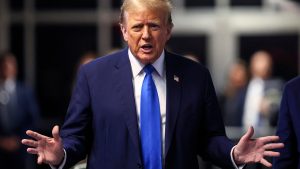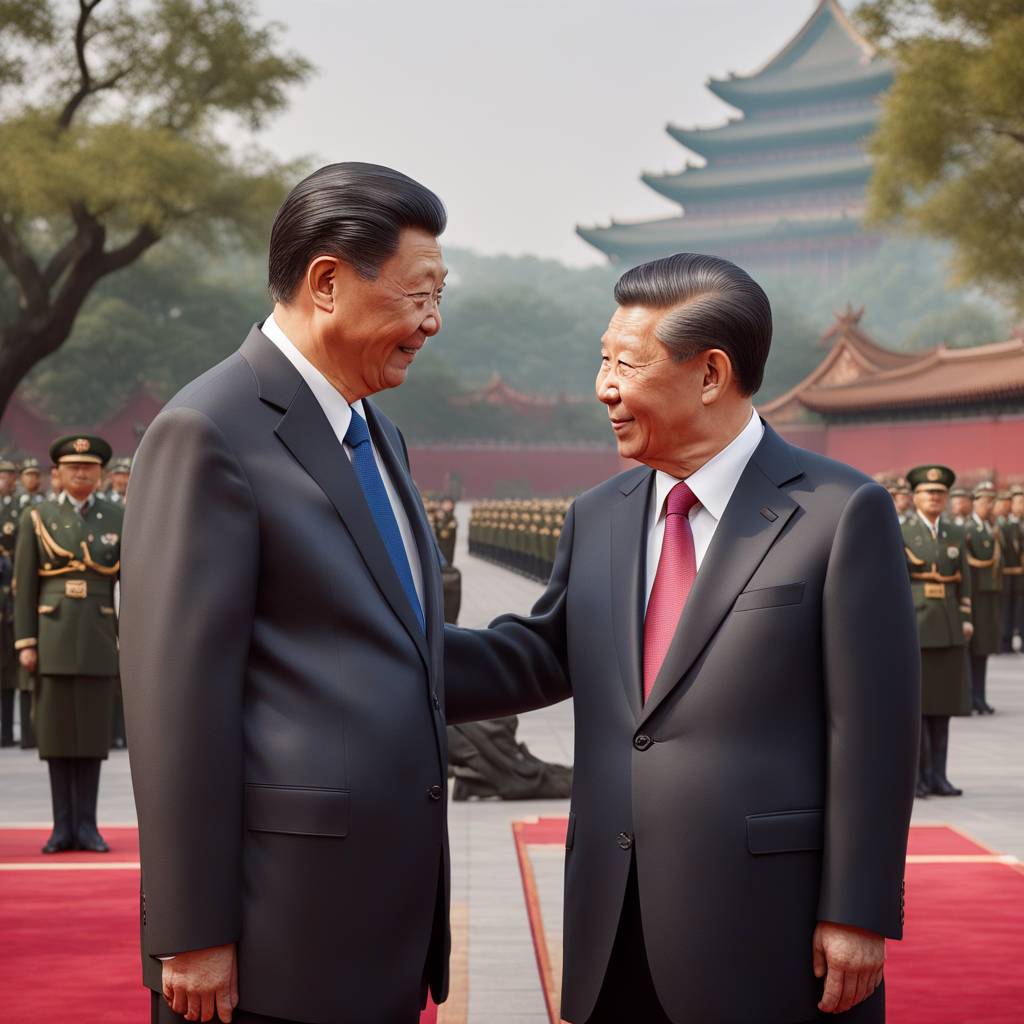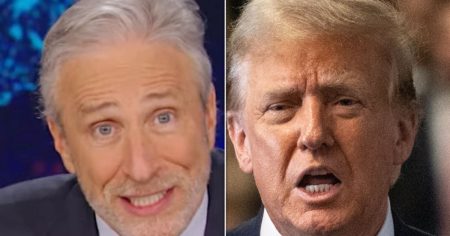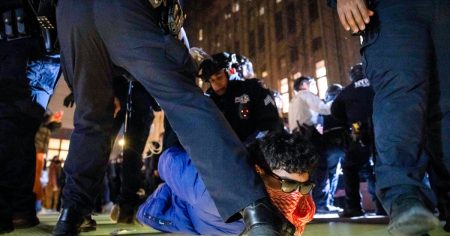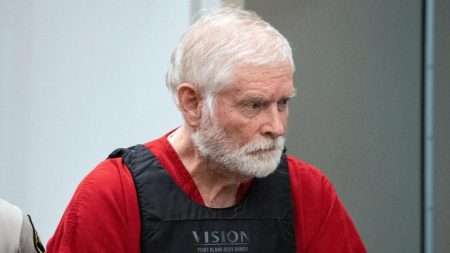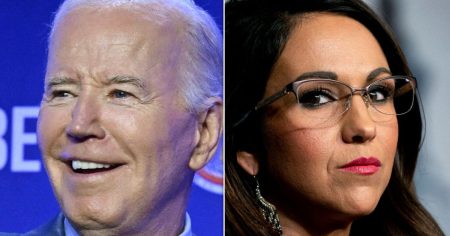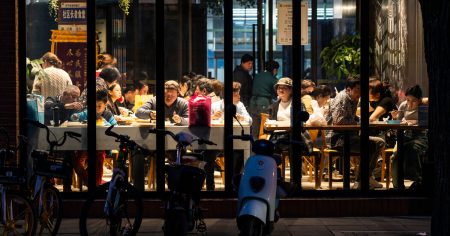In a meeting at the Great Hall of the People in Beijing, Chinese President Xi Jinping received former Taiwan President Ma Ying-jeou, where Xi declared that both sides of the Taiwan Strait must pursue reunification. The media had anticipated the meeting to take place on Monday, with some analysts suggesting it may have been moved forward to coincide with U.S. President Joe Biden’s summit with Japanese counterpart Fumio Kishida in Washington, D.C. The history between China and Taiwan dates back to the Chinese Civil War in 1949, leading to the Republic of China fleeing to Taiwan. The Chinese Communist Party has expressed sovereignty over the island and has vowed to unify with it, using force if necessary.
This meeting marked the second time Xi and Ma met face-to-face, with their previous meeting attracting attention in 2015 as the first time a Taiwanese leader met with their Chinese counterpart since the split. Ma, a member of Taiwan’s main opposition Kuomintang (KMT) party, is in favor of closer ties with Beijing without unification. During their recent meeting, Xi emphasized the shared bloodline, history, and culture between people on both sides of the strait. Both sides are called upon to oppose Taiwan independence separatist activities and the interference of external forces, while working towards peaceful reunification. Ma stated that the 1992 Consensus and opposition to Taiwan independence are key to peaceful cross-strait development, with the consensus being an agreement that there is only one China, with the interpretation of which side was the real China left open.
The 1992 Consensus plays a pivotal role in China’s efforts to resume warmer cross-strait ties seen during Ma’s administration, but current Taiwan President Tsai Ing-wen has described it as a historical fact rather than a binding agreement. This stance has angered China, which views the ruling Democratic Progressive Party (DPP) as a fringe group opposed to the majority opinion. China has warned that an official declaration of independence by Taiwan would lead to war, although Tsai believes that such a declaration is unnecessary as Taiwan is already an independent state. Ma’s visit to China was aimed at reducing tensions across the Taiwan Strait, but it received a mixed reception in Taiwan, with some accusing him of being a tool of the Chinese Communist Party’s united front strategies and lacking integrity in his meeting with Xi.
Critics in Taiwan have expressed disappointment with Ma’s visit, citing concerns that he is being used by the Chinese Communist Party to distract from other international events. Fan Yun, a member of Taiwan’s Democratic Progressive Party, criticized Ma for allowing himself to be used for political purposes and emphasized that only a minority in Taiwan supports reunification with China. Some experts believe that the meeting between Xi and Ma is more about political signaling on the part of the Chinese Communist Party rather than fostering friendship between the Republic of China and the People’s Republic of China. Concerns over China’s military expansion in the Asia-Pacific region are expected to be discussed during Biden’s meeting with Kishida and Philippine President Ferdinand Marcos.
